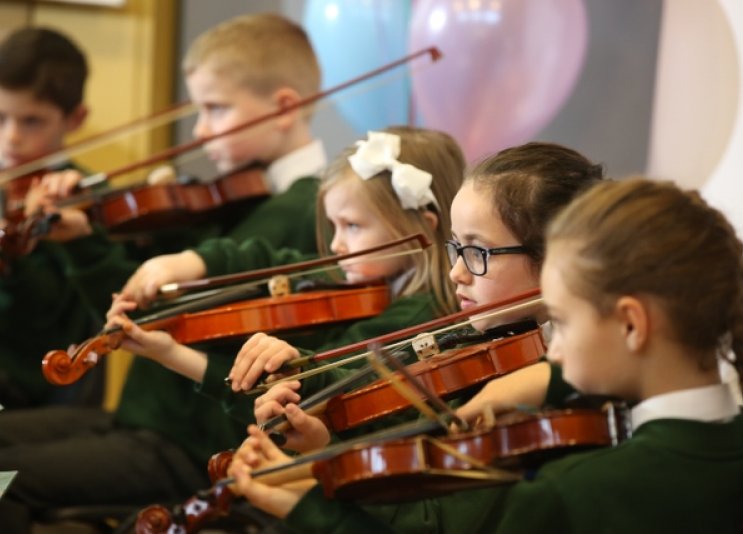St Joseph’s Primary School is located on the outskirts of Belfast in the small town of Carryduff. Although the area was historically semi-rural, it’s expanded in recent years and today St Josephs has 18 teachers and around 470 pupils, aged from four up, with two classes of each age group.
A new school building opened in September 2010 and children are educated in state of the art modern classrooms with full access to interactive whiteboards and a range of other ICT hardware.
Each classroom cluster opens out onto a specially designed Resource Area which is fully equipped with computers and play equipment for the younger children.
Dominic Donnelly is the principal here and the school’s IT strategy stretches back to 2010.
“It’s a significant advantage to us to have the hardware and software available to us, but then of course it’s what you do with it that counts,” said Donnelly.
“It’s absolutely essential in 2016 that kids have access to ICT skills. Looking into the future, the ability to use ICT effectively to support your studies and work will be as important as being literate and numerate is today. In fact, if you’re illiterate in ICT it’s hard to see how anyone will be able to carve out a future role for themselves in terms of employment.”
“We treat it as a core area – literacy, numeracy and ICT are three core educational areas for us,” he said.
St Joseph’s uses the Northern Ireland curriculum with an ICT focus on what Donnelly calls the five Es – Explore, Exchange, Exhibit, Express and Evaluate.
“We try to make sure that the lessons offered to the children across each of the year groups, address those Es. They are given opportunities to explore and do research on the internet, exchanging information with friends or the teacher, use desktop publishing or Powerpoint to exhibit their findings in a presentation. With older children, we teach them how to evaluate information,” he said.
St Joseph’s ICT infrastructure was funded using a core provision of cash from C2K, a northern Irish project set up to provide services to support the enhanced use of ICT in schools in Northern Ireland. Extra funds were then raised through various fund raising activities as well as sponsorship in the local community by local businesses.
“This allows us to have computers in every classroom, as well as a computer suite that is excellent for working with larger groups at the same time, or for running evaluations of ICT skills. There are also interactive whiteboards – a teaching wall powered by each teacher’s own laptop. We also have a set of eight iPads available in each class, something we invested in ourselves, so that children would have the opportunity to try out all the different kinds of hardware and software that’s out there.”
“A lot of the success of a system such as ours comes down to the people we have working with us, and internally in the school a lot of that comes down to Nuala Knowles, our ICT coordinator. She is the driving force behind a lot of this and together with her colleagues, it’s been a group effort.”




